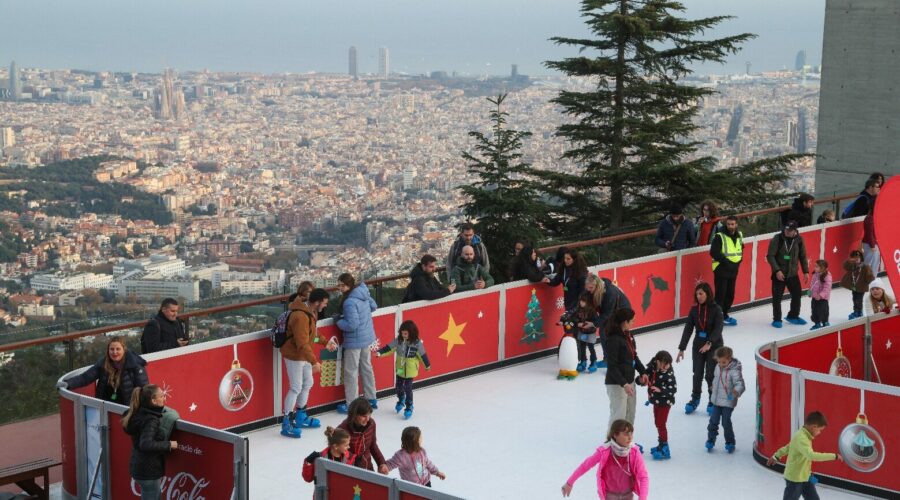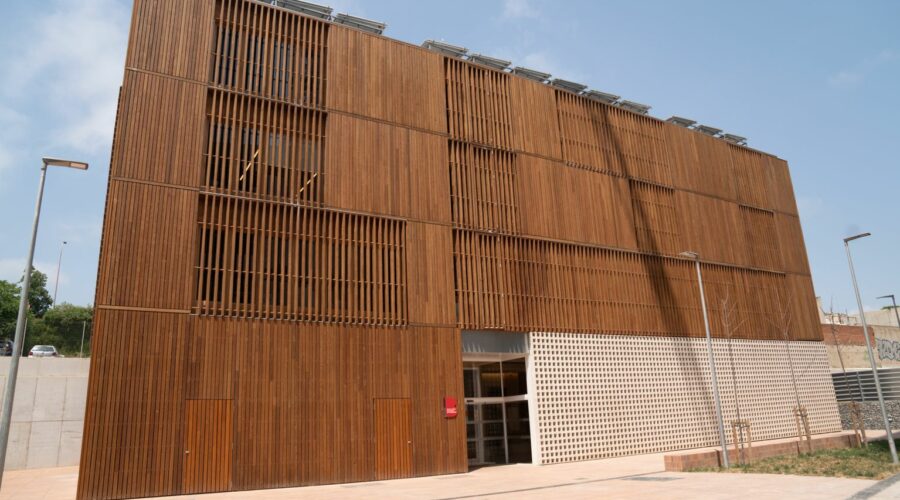
The bustling Catalan capital is preparing for a milestone in its public transport system. Metro Line 9, which is currently under construction, is set to become the longest metro line in the city’s network, according to announcements by Transports Metropolitans de Barcelona (TMB).
When completed, Line 9, together with Line 10, will contribute an impressive 47.8 kilometers to the metro system of Barcelona and its metropolitan area.
The completion of this monumental project is scheduled for 2027, according to the plans established by the Government.
At present, the 23 stations of the southern section and the 12 stations of the northern section, which are already operational, constitute a significant part of this vast subway system.
However, what remains to be implemented is the central section, which will give Line 9 its identity and complete the infrastructure.
L9 will be the longest metro line in Barcelona
With a total of 50 stations and 17 interchanges, Line 9 and Line 10, once completed, will connect several key points in and around the city.
This project is not only ambitious in terms of length, but also aims to significantly improve mobility in Barcelona.
The project not only addresses Line 9 and Line 10, but also involves the addition of forty new stops to the Barcelona metro system over the next few years.
These extensions include sections on lines L1, L2, L3 and L4, opening up even more possibilities for mobility in the city.
The Line 9 tunnel, one of Barcelona’s most significant engineering works, has experienced its share of challenges over the years. Begun in 2003, work has been ongoing for almost two decades, and the central section is expected to be operational in 2028.
The total cost of the project is estimated at almost 6 billion euros, of which 926 million euros are earmarked for the pending construction.
Passenger transport capacity
The completion of this ambitious project will allow Line 9, once completed, to transport 113 million passengers per year and connect El Prat airport with Santa Coloma de Gramenet, with a total length of 48 kilometers.
This project will not only redefine mobility in Barcelona but will also contribute significantly to the reduction of vehicles on the roads, with the capacity to remove 8,100 vehicles daily, equivalent to 5,100 tons of carbon dioxide per year.
The development of Line 9 is not only a technical achievement, but also represents a crucial step forward in improving the efficiency and sustainability of Barcelona’s public transport system, paving the way for a more connected and accessible city.
It will undoubtedly be a great achievement for the city in terms of efficiency and effectiveness in passenger transportation.



